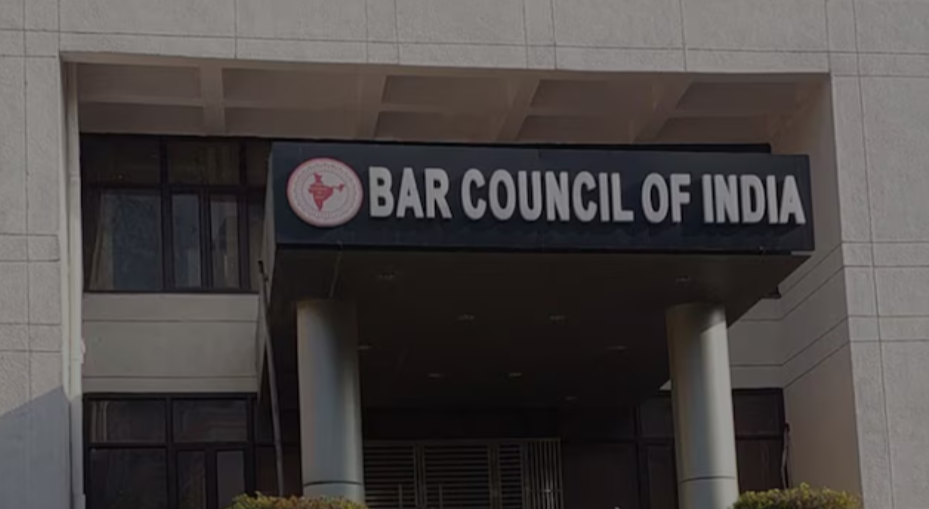Shreya Gupta
On August 13, 2025, the Bar Council of India (BCI) has formally approved a special set of rules titled the “Rules of Legal Education, Moratorium (Three-Year Moratorium) with respect to Centers of Legal Education, 2025” under which no new Centre of Legal Education (i.e., law college or law school) can be established anywhere in India for a continuous period of three years from the date the rules come into force. The BCI says this is a policy choice aimed at stabilising the ecosystem and stopping the proliferation of weak institutions before further expansion is contemplated.
During this moratorium, existing colleges are also barred from expanding on their own: they cannot add new sections, courses, or batches without the BCI’s prior written and express approval. The Council emphasises that any such requests if entertained at all will face strict scrutiny and ongoing compliance reviews. At the same time, it clarifies that applications already moving through the pipeline when the moratorium starts will continue to be processed “in accordance with law,” though colleges with only conditional approvals cannot commence operations unless they satisfy the Rules of Legal Education requirements and obtain explicit BCI clearance.
The stated rationale is the steady decline in quality across segments of legal education, which the BCI attributes to unchecked mushrooming of sub-standard institutions, routine issuance of State Government NOCs and university affiliations without proper inspection, commercialisation of legal education, academic malpractices, and persistent shortages of qualified faculty. With around 2,000 law colleges already operating, the BCI argues that institutional capacity is adequate and that policy must now pivot toward consolidation, quality enhancement, and systemic strengthening rather than raw growth.
Legally, the Council roots this moratorium in its powers under the Advocates Act, 1961 citing Sections 7, 7(1)(h), 7(1)(i), 24(1)(c)(iii) and 49(1)(af), (ag) and (d) and presents the move as a continuation of its earlier quality-control efforts, including a temporary moratorium resolved in 2019 and subsequent guidance from court proceedings (it specifically references a December 4, 2020 judgment of the Punjab & Haryana High Court urging diligence by States and universities). The rules also advise Universities and State/Central Government entities not to submit or forward proposals for new law colleges while the moratorium operates.
The BCI has allowed limited, need-based exemptions to ensure equity and inclusivity. Proposals that serve only socially and educationally backward classes, Scheduled Castes, Scheduled Tribes, and Economically Weaker Sections; those aimed at remote, tribal, or aspirational districts; courses designed exclusively for persons with disabilities; and initiatives by State or Central Universities established by law or specifically endorsed by the relevant Ministries may still be considered during the moratorium. However, such proposals will face strict scrutiny applicants must present valid State NOCs, prior university affiliation, adequate infrastructure and faculty resources, and demonstrate compliance with the “need-based” establishment requirements under the Rules of Legal Education.
Click here to read Press Release
Instagram: Click Here.
LinkedIn: Click Here.
For Collaboration and Business: Click Here.

